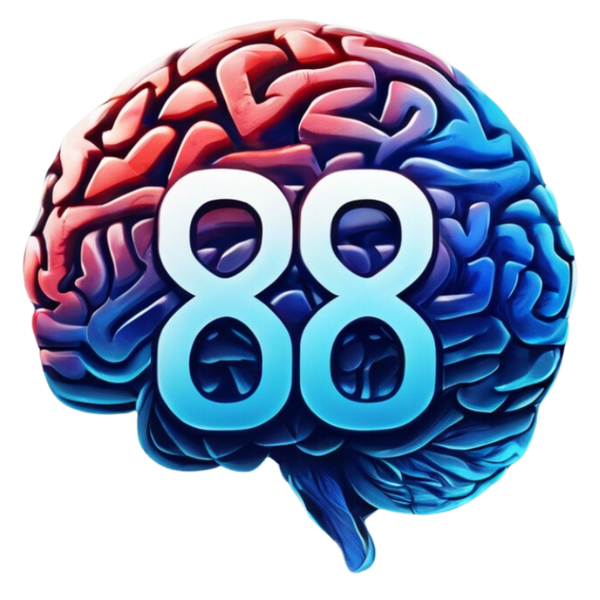Training bag
Excellence in Performance
4 days
Excellence in Performance
The bag includes the following files :
- Power Point presentation slides
- Word Instructor's Manual
- Trainee Note ( Word )
- Word worksheets
- Introductory guide to the Word bag
- Pre-test and post-test Word
- Word training course
- evaluation form
All files are open and editable
Overall goal:
To cultivate a culture of excellence in performance by equipping participants with advanced knowledge and practical skills in total quality management, behavioral competencies, institutional reputation management, and internationally recognized quality frameworks, enabling them to achieve and sustain high performance standards in their organizations.
Detailed Objectives: Upon completion of the program, trainees are expected to be able to
Excellence in Performance
Table of Contents:
Introduction:
- Overview of activities, trainer’s instructions, program guide, and techniques and tools used.
Day 1 Training:
First Training Session:
- Total Quality Management (TQM) for achieving performance excellence, including an introduction, pre-assessment test, the relationship between TQM and excellence management, the origins, definitions, and goals of TQM, principles and stages of TQM application, and a model for evaluating trainee performance.
Second Training Session:
- SWOT analysis tool and Deming's PDCA cycle, covering the SWOT analysis tool, steps and strategies for SWOT analysis, the PDCA cycle, stages of the PDCA cycle, Deming’s principles for quality improvement, and a model for evaluating trainee performance. Includes a workshop and a feedback questionnaire.
Day 2 Training:
First Training Session:
- General framework of behavioral competencies for federal government employees, covering the SMART methodology for setting individual and institutional goals, behavioral competencies and their skills and traits, leadership, future vision, achievement, and impact, and a model for evaluating trainee performance.
Second Training Session:
- Impact of institutional reputation and work environment on excellence, covering the importance and impact of institutional reputation on excellence, elements of institutional reputation, pillars of institutional reputation, the impact of the work environment on excellence, and a model for evaluating trainee performance. Includes a workshop, an evaluation test, and a feedback questionnaire.
Day 3 Training:
First Training Session:
- Prime Minister's Medals, covering the principles of the Government Excellence Model (GEM 2.0), Prime Minister’s Medals, categories and criteria of the Prime Minister’s Medals, the weighting of criteria for the Prime Minister’s Medals, and the exemplary employee from the perspective of the Prime Minister’s Medals criteria, along with a model for evaluating trainee performance.
Second Training Session:
- Evaluation mechanism for the Prime Minister’s Medals, covering the dimensions of the evaluation mechanism for the Prime Minister’s Medals, the evaluation tool for the Prime Minister’s Medals, conditions and stages of nomination for the Prime Minister’s Medals, and a model for evaluating trainee performance. Includes a feedback questionnaire.
Day 4 Training:
First Training Session:
- The European Foundation for Quality Management (EFQM) Model, covering the definition of the EFQM model, use cases of the EFQM model, key pillars of the EFQM model, and the “Direction” pillar of the EFQM model, along with a model for evaluating trainee performance.
Second Training Session:
- The “Execution and Results” pillar of the EFQM model and the “RADAR” evaluation tool, covering the “Execution” pillar, the “Results” pillar, the “RADAR” diagnostic tool and its application, applying “RADAR” to the Direction and Execution pillars, applying “RADAR” to the Results pillar, and a model for evaluating trainee performance. Includes a workshop, a feedback questionnaire, a final evaluation test, and a self-assessment questionnaire.
References:
- A compilation of resources and references used throughout the training program.



